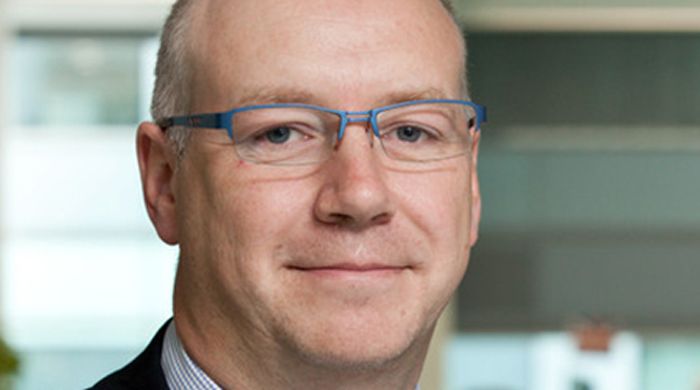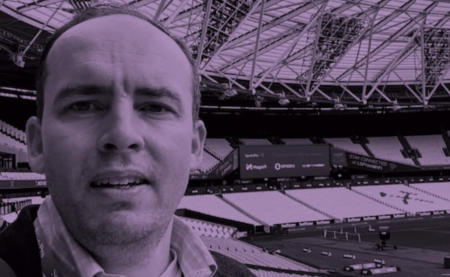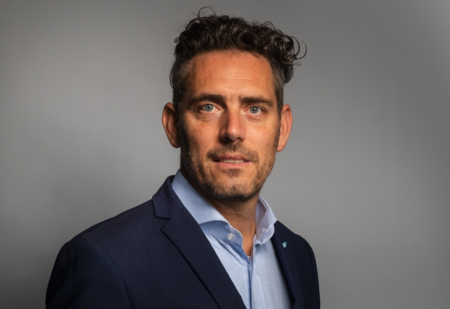Jerome Frost, global cities leader at Arup, discusses the opportunity for international collaboration when delivering major sporting events.
The decision to host major sports events is a significant consultative public decision, from social and economic considerations to infrastructure, systems and space. The undeniably large investment and concerns around unsustainable development have, somewhat understandably, led to a reluctance from some cities to bid for and host these events in the past. With the right expertise, however, to better inform considerate planning and design, major sports events can create a rich legacy for the host community and city.
With Lima, Peru, winning the 2019 Pan and Parapan American Games, the Peruvian government released an international tender to experiment with a unique set up: the first Government-to-Government understanding to enable an advisory sporting event delivery team for the host city.
Following an agreement signed in 2017 between the UK Department for International Trade and the Lima 2019 Games’s organizers, the UK has brought its expertise to the event via a dedicated delivery team of suppliers including international design and engineering firm Arup; international consultancy and construction company Mace; and 4global, an international major event and sports business consultancy.
The specialist expertise brought in by each firm is assisting the Peruvian city in creating a legacy from the Games development, in addition to advising on issues ranging from design and procurement to construction management delivery and operational planning for the Pan and Parapan American Games.
It’s my belief that the UK government’s bid triumphed because London 2012 is seen as an exemplar, where a successful legacy outcome was paramount to what success looked like. And it’s this experience, with an endless respect for new context, community and communication, that has created a thriving partnership with Peru.
As part of this, time constraints have called for innovative ideas. With 65 operational venue designs to deliver for the Games, Arup developed a set of tools and standards that resulted in an accelerated design completion of nine months compared to an average of three years. Arup’s role has included providing technical design assurance for 14 new sports venues and the athletes’ village and leading the overlay design for all the competition and non-competition venues.
Mace has focused on delivery strategy and execution, establishing and implementing an integrated Programme Management Office function, and delivering support to the key infrastructure projects.
To overcome the significant delivery challenge, Mace crafted a strategy to respond to the circumstances and priorities of the client organization, which leveraged innovation and productivity from the market. This new contracting approach to Peruvian public sector works uses amended NEC contracts to incentivize performance and promote collaborative working, and is yielding impressive results.
4global, on the other hand, has focused on Games-wide operational planning, set up and implementation of an Integrated Planning Office as well as program-managing infrastructure and operational delivery.
The project also acts as a robust knowledge transfer program. It aims to build further local expertise so that this knowledge can be used on other projects in the region and South America.
Major sports events such as this can have a transformational effect on local and national communities. The concentration of effort brings together government departments and local stakeholders to drive greater efficiencies and change through collaboration and integration and can act as a catalyst for changing the way infrastructure is delivered.
Meanwhile we’re learning as much as the people we are working with. Working in different markets brings a whole host of new perspectives on everything from management processes to the digital tools used for planning projects. It brings the opportunity to expand your worldview and build real resilience into your business in terms of markets, access to people, and new partners and ideas for the future.





